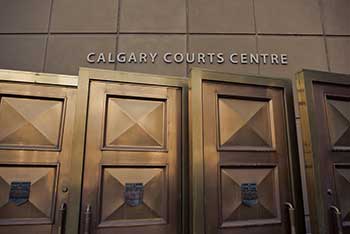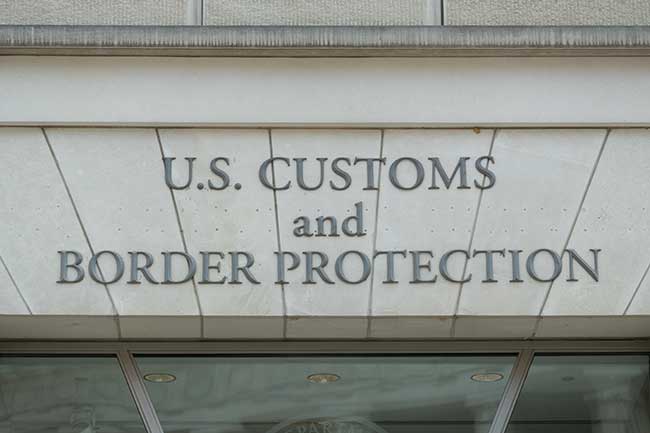Batting, Wyman Barristers are among the top Calgary drug charges lawyers, with over 30 years of experience successfully defending clients charged with various drug charges. Our firm focuses on drug offence charges in Calgary and surrounding areas such as Airdrie, Cochrane, Okotoks, Didsbury, Turner Valley, Strathmore and Canmore.
Choosing us means you receive the strong representation you need to present a solid defence in your case.



Drug charges range in severity depending on the nature of the drug and whether the prosecutor alleges trafficking to others. Charges range from simple possession to that of production. There is often little dispute that the substance constitutes contraband. The cases often hinge on the legitimacy of the police investigation and whether it stands up to Charter scrutiny. This often means challenging the sufficiency of judicially authorized warrants.
The main types of drug offences are:
In Alberta, the Controlled Drugs and Substances Act (CDSA) defines “possession for the purpose of trafficking” as a severe offence, distinguished from simple possession by the intent to distribute or sell the controlled substance. This intent can be determined by factors like the following
Convictions can lead to mandatory jail time, fines, and asset seizures. Given the serious repercussions—including employment and travel complications—it’s vital for those accused to consult an experienced drug charges lawyer to navigate potential defences and achieve the best legal outcome



The “drug charges” spectrum in Calgary leads to varied penalties upon conviction. The Controlled Drugs and Substances Act (CDSA) mandates jail time for grave offences. Yet, jail is less likely for minor infractions like simple possession, especially if one lacks prior convictions or aggravating factors.
Beyond immediate legal repercussions, a drug offence conviction can cloud your future. Such a record might limit job opportunities, particularly in finance or roles with vulnerable populations. Travelling to the U.S., where drug violations are stringently viewed, can also become challenging.
Drug charges can dramatically impact day-to-day life. Drug convictions can carry the potential for loss of career, forfeiture of offence-related property, and can make international travel very challenging. Hiring an experienced drug charges lawyer who has successfully defended hundreds of cases is important.
Our team provides professional advisory and counsel, allowing our clients to feel comfortable and confident throughout the legal process. Do not hesitate to contact us if you have been charged with a drug-related offence. We’re here to help.
The defence of drug-related prosecutions requires that counsel have a firm grasp with respect to constitutional arguments. These arguments flow from the Canadian Charter of Rights and Freedoms, which protects citizens from the actions of state agents. Counsel will routinely seek to exclude the product of the officers’ search for drug matters.
This can be accomplished by alleging that the search violated the client’s section 8 Charter rights or that it was the product of arbitrary detention under section 9 of the Charter. While each case will turn on its own facts, expertise in Charter litigation is necessary for drug files.